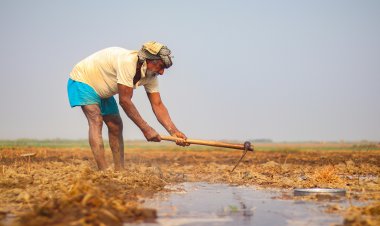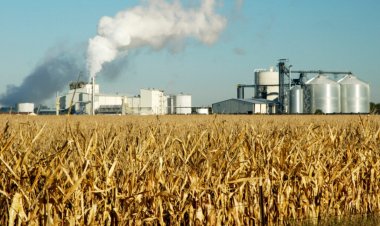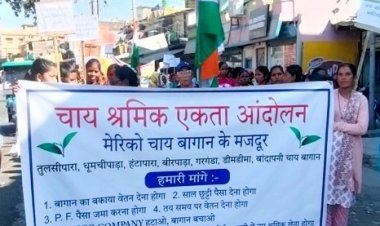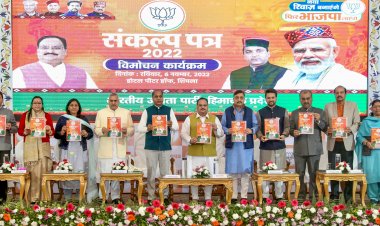MSP for Rabi season 2022-23 declared; wheat MSP up by Rs 40
The CCEA has approved the increase in the MSP for all mandated crops for Rabi Marketing Season 2022-23. The approval came on September 8 in a CCEA meeting chaired by Prime Minister Narendra Modi. The MSP for wheat, the most important Rabi crop, was increased by Rs 40 per quintal — an increase of about 2 per cent. The highest absolute increase in MSP over the previous year has been recommended for lentil (masur) and rapeseed and mustard — Rs 400 per quintal each.
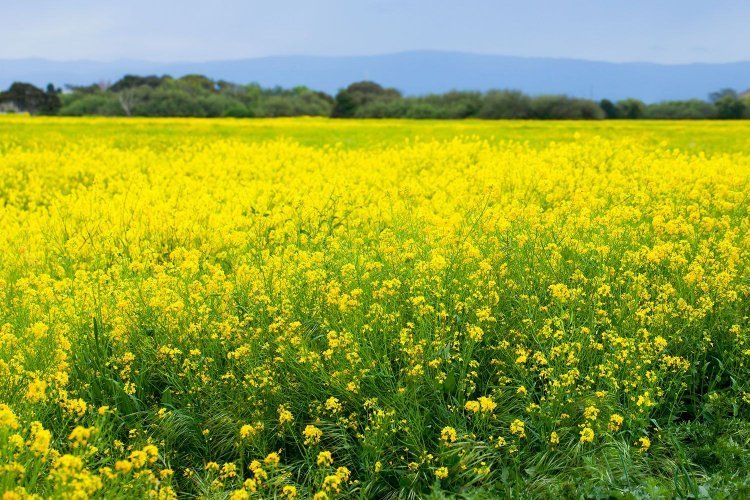
The Cabinet Committee on Economic Affairs (CCEA) has approved the increase in the Minimum Support Prices (MSP) for all mandated crops for Rabi Marketing Season (RMS) 2022-23. The approval came on September 8 in a CCEA meeting chaired by Prime Minister Narendra Modi. The MSP for wheat, the most important Rabi crop, was increased by Rs 40 per quintal — an increase of about 2 per cent. The highest absolute increase in MSP over the previous year has been recommended for lentil (masur) and rapeseed and mustard — Rs 400 per quintal each.
A press release issued by the government says that the increase in MSP has been brought about with a view to the diversification of crops. Although the government claims that the MSP has been fixed on the basis of expected returns to farmers over their cost of production estimated to be up to 100 per cent, the farmer organizations say that this increase does not quite match the increase in costs.
The MSP for wheat has now gone up from Rs 1,975 per quintal to Rs 2,015 per quintal while that for barley has gone up to Rs 1,635 per quintal after an increase of 35 rupees.
The MSP for grams has gone up by Rs 130 and it now stands at Rs 5,230 per quintal. The MSP for safflower has witnessed an increase of Rs 114 per quintal and it has been fixed at Rs 5,441 per quintal for the coming season. The MSP for mustard stands at Rs 5,050 per quintal while that for lentil (masur) has gone up to Rs 5,500 per quintal.
MSPs for all Rabi crops for marketing season 2022-23 (in Rs/quintal)
|
Crops |
MSP for RMS 2021-22
|
MSP for RMS 2022-23
|
Cost* of production 2022-23 |
Increase in MSP (Absolute) |
Return over cost (in per cent) |
|
Wheat |
1975 |
2015 |
1008 |
40 |
100 |
|
Barley |
1600 |
1635 |
1019 |
35 |
60 |
|
Gram |
5100 |
5230 |
3004 |
130 |
74 |
|
Lentil (Masur) |
5100 |
5500 |
3079 |
400 |
79 |
|
Rapeseed & Mustard |
4650 |
5050 |
2523 |
400 |
100 |
|
Safflower |
5327 |
5441 |
3627 |
114 |
50 |
* Cost calculated on the basis of A2 + FL
The government says that concerted efforts have been made over the last few years to realign the MSPs in favour of oilseeds, pulses and coarse cereals to encourage farmers to shift to larger areas under these crops and adopt the best technologies and farm practices, to correct the demand-supply imbalance.
Besides, the press release says that the National Mission on Edible Oils - Oil Palm (NMEO-OP), a Centrally Sponsored Scheme recently announced by the government, will help in increasing the domestic production of edible oils and reduce imports dependency. It has a total outlay of Rs 11,040 crore. Also, the umbrella scheme Pradhan Mantri Annadata Aay SanraksHan Abhiyan (PM-AASHA) announced by the government in 2018 will aid in providing a remunerative return to farmers for their produce. It encourages private purchase.
Speaking after the CCEA decision, Union Minister for Agriculture and Farmers’ Welfare Narendra Singh Tomar said that the Modi government had once again fixed the MSP for crops with an increase, which would benefit crores of farmers in the country. Those who have been misleading the farmers that the MSP regime is coming to an end should also take a lesson from this decision of the government, said Tomar. The Government of India is fully committed to the farmers’ welfare under the able leadership of the Prime Minister, who has time and again assured that MSP was there in the past, is still there and will continue in the future.
The Agriculture Minister said that various lies had been told about MSP and all attempts made to mislead people. But, after the new farm reform laws were passed, not only has the MSP increased but also the government procurement has consistently gone up. Therefore, all doubts regarding MSP should now be put to rest and there should be an end to misleading information.
However, farmer organizations say that the increase declared in wheat MSP is the lowest in a decade. It is not enough to reduce the economic pressure on the farmers created by the burden of increase in diesel prices and other costs. Also, the farmers say that they have been demanding 50 per cent profit on the C2 costs as recommended by MS Swaminathan but the government talks about profit on costs based on A2 + FL.
Rakesh Tikait, the national spokesman of the Bharatiya Kisan Union (BKU) and leader of the Samyukta Kisan Morcha (SKM), has said that this increase is a fraud perpetrated on the farmers. He says the production costs given by the government are absolutely incorrect. Besides, if we factor in an inflation rate of even 6 per cent, the farmers are incurring losses. The government should also keep in mind the costs of agricultural universities. BKU says that the costs given by the government are not fair and are far less than the actual costs.



 Join the RuralVoice whatsapp group
Join the RuralVoice whatsapp group



















